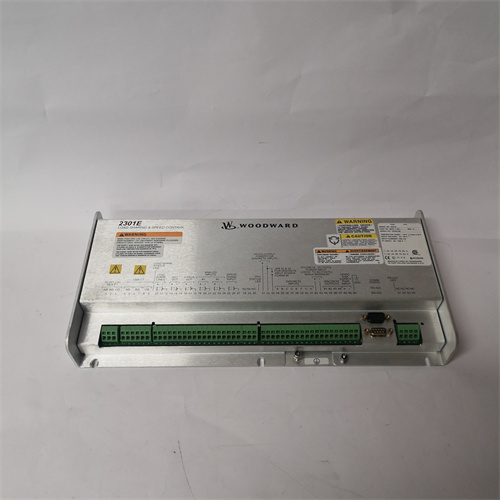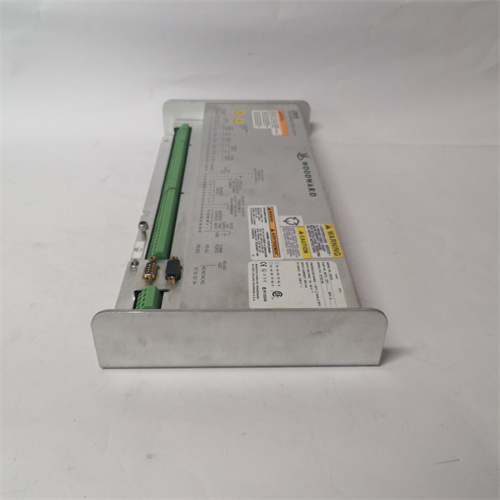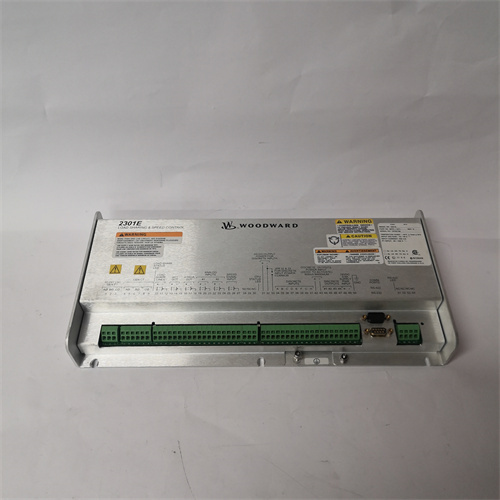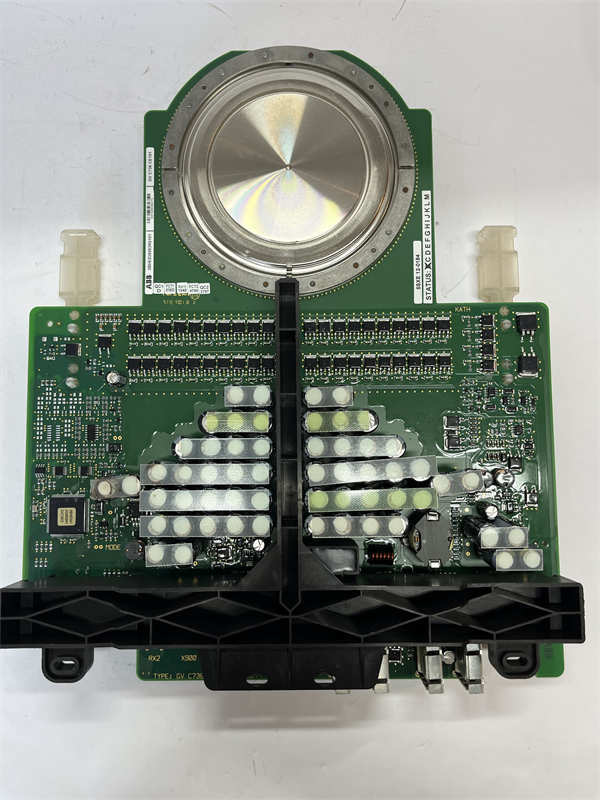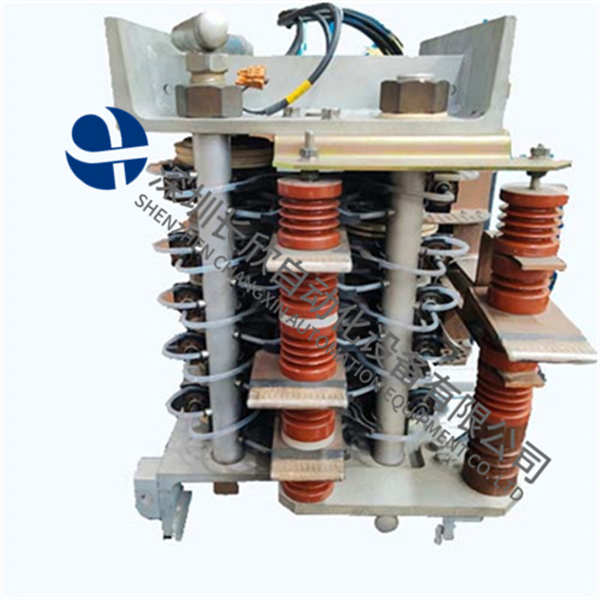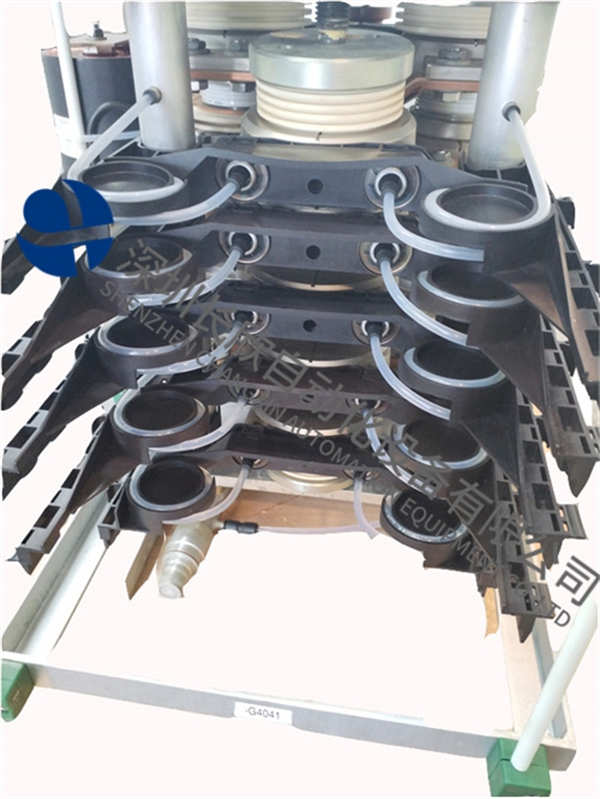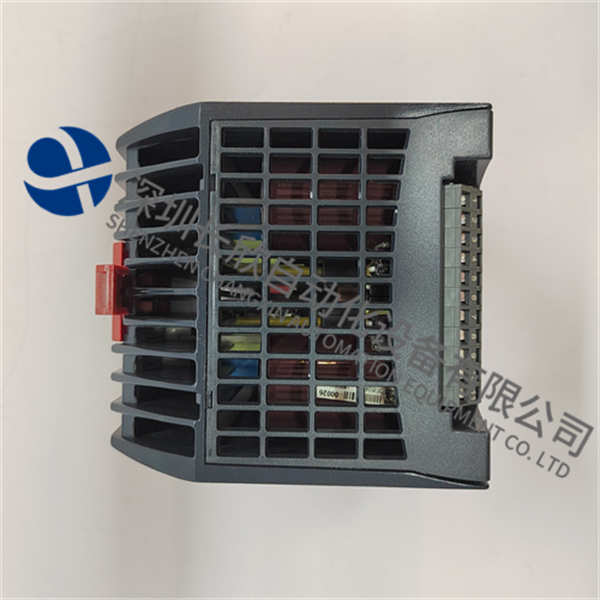描述
Woodward 2301E 8273-1011是伍德沃德(Woodward)公司推出的一款基于微处理器的数字负载分配与速度控制器,专为柴油或气体发动机驱动的发电机、泵、压缩机等设备设计,提供高精度控制和灵活的系统集成能力。以下是其核心功能与技术特性:
1.核心功能与技术参数
控制对象:
适用于柴油或燃气发动机驱动的发电机、泵、压缩机等,实现负载分配与速度精准控制。
控制模式:
同步模式:适用于单机或并联运行的发电机系统,保持恒定速度(如市电总线应用)。
下垂模式:基于负载变化调节速度,适用于孤网运行或多机并联场景。
基本负载模式:提供固定或动态负载控制,可通过模拟输入或触点输入调整设定值。
硬件配置:
输入/输出接口:
1个负载传感器、1个致动器驱动器(支持4-20mA、0-200mA或PWM信号)、1个微处理器速度传感器。
2个可配置模拟输入、1个可配置模拟输出。
8个离散输入(其中3个可配置)、4个继电器驱动输出。
通信接口:
RS-232与RS-422双串行端口,支持Modbus RTU协议及PC远程配置。
2.技术优势
软件灵活性:
通过外部计算机(PC)配置,支持动态调整发动机转速范围、齿轮齿数及正反向作用,无需硬件改动。
可靠性与防护:
工作温度范围:-40°C至+70°C,适应恶劣工业环境。
金属板底盘设计,支持普通或危险区域安装。
数据记录与诊断:
故障数据记录功能,可收集停机、峰值速度等事件的16秒高频数据(10ms采样率)。
实时监测系统状态,触发异常报警。
3.通信与扩展能力
协议兼容性:
支持Modbus RTU协议,可通过RS-422端口实现与上位机或SCADA系统的无缝对接。
模块化扩展:
新型接线板可扩展I/O端口,多数端子与2301D型号兼容,便于系统升级。
4.应用场景
电力系统:柴油/燃气发电机组的负载分配与转速控制,保障孤网或并网运行稳定性。
工业设备:泵、压缩机等的动力控制,优化能源效率与动态响应。
升级需求:替代旧款2301A/D控制器,增强功能并减少硬件冗余。
5.其他特性
执行器兼容性:支持Woodward L/F/P/PISC系列执行器,驱动范围广。
安全功能:扭矩限制器、低速传感、甩负荷保护等,防止设备过载或异常停机。
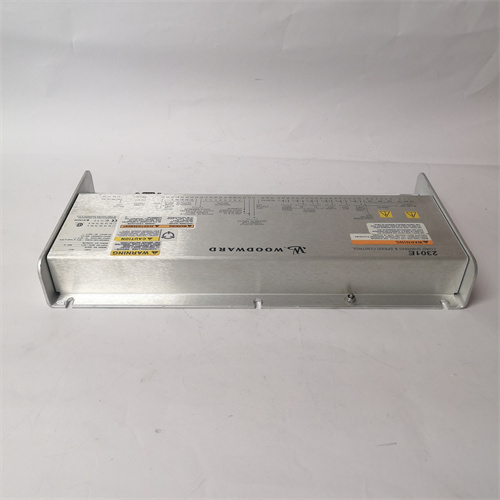
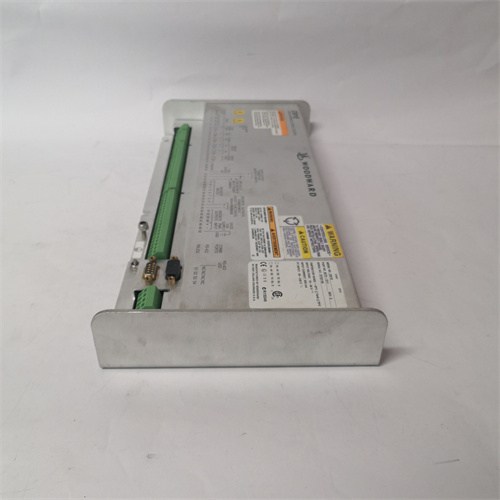
Woodward 2301E 8273-1011 is a microprocessor-based digital load distribution and speed controller launched by Woodward.It is designed for diesel or gas engine-driven generators,pumps,compressors and other equipment,providing high-precision control and flexible system integration capabilities.The following are its core functions and technical features:
1.Core functions and technical parameters
Control object:
Applicable to diesel or gas engine-driven generators,pumps,compressors,etc.,to achieve load distribution and precise speed control.
Control mode:
Synchronous mode:Applicable to single-machine or parallel-operated generator systems to maintain a constant speed(such as mains bus applications).
Dropping mode:Adjust speed based on load changes,suitable for isolated grid operation or multi-machine parallel scenarios.
Basic load mode:Provides fixed or dynamic load control,and the set value can be adjusted through analog input or contact input.
Hardware configuration:
Input/output interface:
1 load sensor,1 actuator driver(supports 4-20mA,0-200mA or PWM signal),1 microprocessor speed sensor.
2 configurable analog inputs,1 configurable analog output.
8 discrete inputs(3 of which are configurable),4 relay drive outputs.
Communication interface:
RS-232 and RS-422 dual serial ports,support Modbus RTU protocol and PC remote configuration.
2.Technical advantages
Software flexibility:
Through external computer(PC)configuration,it supports dynamic adjustment of engine speed range,gear teeth and forward and reverse action without hardware modification.
Reliability and protection:
Operating temperature range:-40°C to+70°C,suitable for harsh industrial environments.
Metal plate chassis design,support ordinary or hazardous area installation.
Data recording and diagnosis:
Fault data recording function,which can collect 16 seconds of high-frequency data(10ms sampling rate)of events such as shutdown and peak speed.
Real-time monitoring of system status and triggering of abnormal alarms.
3.Communication and expansion capabilities
Protocol compatibility:
Support Modbus RTU protocol,and can achieve seamless connection with the host computer or SCADA system through the RS-422 port.
Modular expansion:
The new terminal block can expand the I/O port,and most terminals are compatible with the 2301D model,which is convenient for system upgrades.
4.Application scenarios
Power system:Load distribution and speed control of diesel/gas generator sets to ensure the stability of isolated or grid-connected operation.
Industrial equipment:Power control of pumps,compressors,etc.to optimize energy efficiency and dynamic response.
Upgrade requirements:Replace the old 2301A/D controller,enhance functions and reduce hardware redundancy.
5.Other features
Actuator compatibility:Supports Woodward L/F/P/PISC series actuators with a wide drive range.
Safety functions:Torque limiter,low-speed sensing,load shedding protection,etc.to prevent equipment overload or abnormal shutdown.

